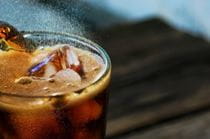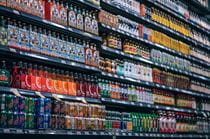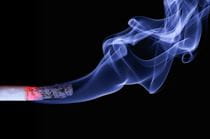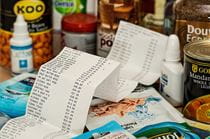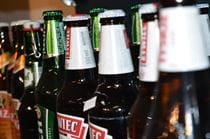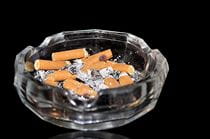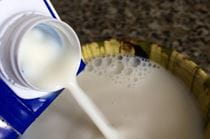Amy Auchincloss, PhD

Associate Professor, Department of Epidemiology and Biostatistics
Auchincloss' research focuses on social and environmental determinants of chronic health conditions. Her work has examined restaurant nutritional labeling and its impact on healthier food choices; spatial risk factors within residential environments that influence health behaviors related to obesity and type 2 diabetes; the application of novel complex systems modeling that can be used to examine spatial and socio-economic patterning of health behaviors/outcomes; air pollution epidemiology including the contribution of atmospheric conditions (temperature and barometric pressure) and vehicular traffic to air pollution in relation to cardiovascular-related endpoints.
For news media inquiries, contact Greg Richter at gdr33@drexel.edu or 215.895.2614.In The News
Related Articles
Drexel News is produced by
University Marketing and Communications.
